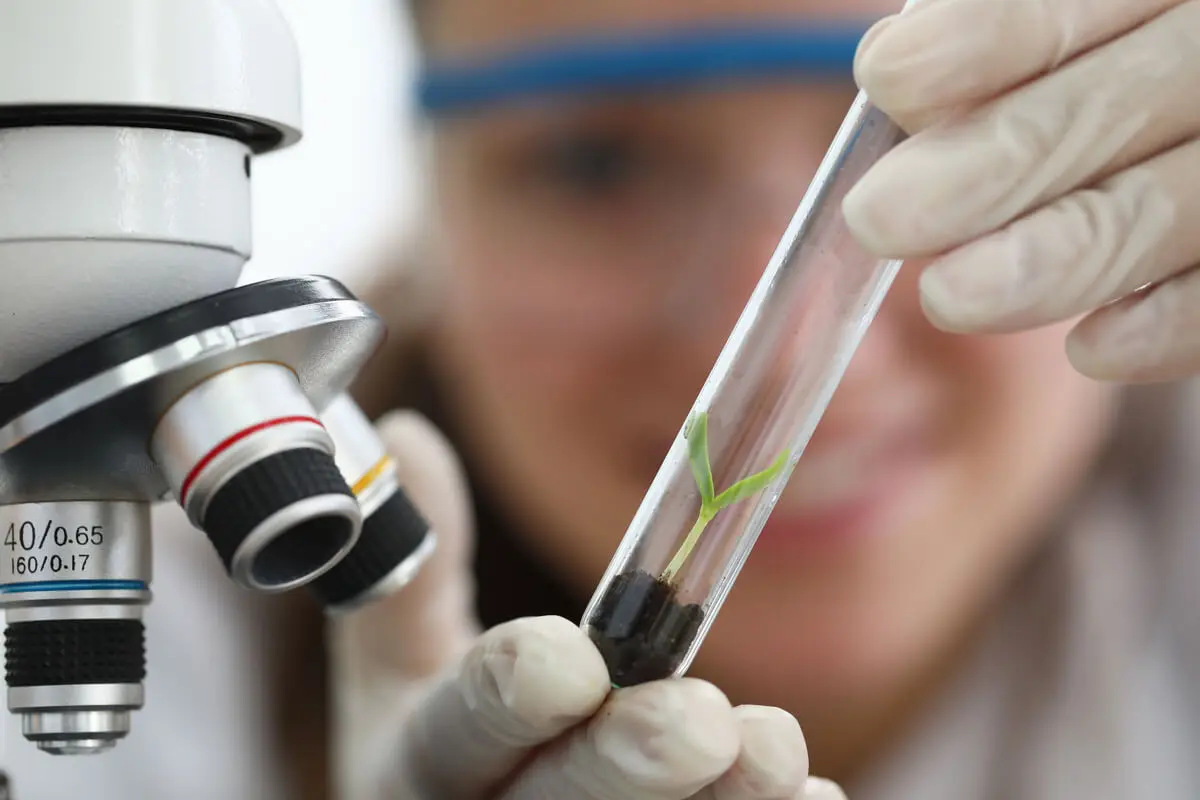Francis Bacon: Contributions to Philosophy and Modern Science

Francis Bacon (1561-1626) was an eminent English thinker of the modern age, considered the founder of philosophical empiricism and experimental science. He was a philosopher, politician, lawyer, and writer.
His works marked a turning point in the history of Western thought and modern science. The following is a brief description of his life and most significant contributions.
A brief biography of Francis Bacon
Francis Bacon was born on January 22, 1561 in London (England). He was the son of Sir Nicholas Bacon, a high magistrate in the government of Queen Elizabeth I, and Anne Cooke Bacon, one of the most enlightened and cultured women of the time.
During the first years of his life, his mother educated him under Puritan and Calvinist principles. Later, in his youth, he was educated at Trinity College, Cambridge, and at the prestigious Gray’s Inn, London. This enabled him to become a member of the British Parliament in 1584.
Political career and achievements
It is said that Queen Elizabeth I was not very fond of him. For this reason, it’s believed that his political career began to flourish when King James I took power in 1603, who did esteem Bacon and considered him one of his favorite scholars.
During the reign of James I, Bacon received increasing positions and honors as Royal Lord Advocate (1607), Solicitor General (1613), Attorney General (1615), Member of the Privy Council (1616), Minister of Justice (1617), Lord Keeper of the Seal, and finally Lord Chancellor (1618). In addition, he was granted the title of Baron of Verulam and Viscount of St. Albans.
Francis Bacon was involved in political intrigues that accused him of discrediting the king. Therefore, in 1621 he was accused of corruption and mistreatment of his subordinates. However, he managed to escape these insidious accusations and was able to devote himself exclusively to his philosophical and scientific works.

Find out more: What Are the Differences Between Philosophers and Sophists?
Francis Bacon’s most significant contributions
Although Francis Bacon’s political career ended in disgrace, he remained influential through his works, mainly as a philosophical advocate and practitioner of the scientific method during the scientific revolution.
Francis Bacon’s contributions can be summarized in four areas: literary, political, philosophical and scientific. Below we will summarize the most relevant ones.
Introduction of the essay as a literary genre
Francis Bacon is often considered the father of the essay. Although the essay first appeared in 1580, with a work by the French writer Michel de Montaigne, it was Bacon who popularized this literary genre in 1597, when he wrote his famous Essays on Morals and Politics.
These writings achieved great popularity thanks to their simple style, without linguistic embellishment, which addressed public or private issues, analyzed from different perspectives.
Proposal of a practical philosophy
Francis Bacon strongly criticized ancient philosophy, especially Greek philosophy. For he considered that this line of thought had no application in everyday life, and that it wasn’t in any way useful. This was despite the fact that most professors and thinkers of the time studied Aristotle’s ideas as if they were absolute truths.
Therefore, he took it upon himself to replace the ideas of classical philosophy (based on logical and philosophical arguments with no practical value for human life), with a new body of study and scientific knowledge (based on experiments and observations).
Discover more here: Jiddu Krishnamurti: Important Indian Philosopher and His Contributions
Reformulation of the scientific method
Francis Bacon reorganized the scientific method that dominated his time, which was strongly influenced by Aristotle’s philosophical ideas on the study of nature. According to Bacon, the Aristotelian theory was only good for verbal dispute.
In this way, the modern philosopher defended that human thought should appropriate effective instruments to dominate nature; something neglected by Aristotle. These “instruments” are the experiments, which interpret and shape the data.
Therefore, he proposed the inductive experimental method as the source of all scientific knowledge. This method consists of observing and analyzing the particular facts or phenomena of nature and, from there, formulating universal laws that explain the observed patterns.
In other words, this method is based on observing and studying particular cases and then drawing general conclusions.
Bacon also advocated that all scientists should eliminate the preconceived notion of the world. Therefore, they should be skeptical, which implies not accepting explanations that cannot be proven by observation and sensible experience.
As we can see, the method proposed by Bacon represented a fundamental advance for modern science, since it promoted the formulation of more adequate scientific hypotheses and an experimental approach to reality.

The foundation of philosophical empiricism
For his part, he is considered the father of modern empiricism, since he maintained that the source of all knowledge is the senses and that the object of investigation is nature (matter), which possesses diverse qualities and forms because it is in constant movement.
For Bacon, the senses are infallible. Therefore, all knowledge must be based on the rational analysis of the data provided by experience.
Father of modern science
Francis Bacon was one of the most revolutionary figures of the modern age. His vision of knowledge and nature laid the foundations for the establishment of a science based on experimentation, which is indispensable today.
All cited sources were thoroughly reviewed by our team to ensure their quality, reliability, currency, and validity. The bibliography of this article was considered reliable and of academic or scientific accuracy.
- Klein J. Francis Bacon [Internet]. California: Stanford Encyclopedia of Philosophy; 2012 [revisado 30 ene 2021]. Disponible en: https://plato.stanford.edu/entries/francis-bacon/
- Prada M. Crítica moral de Francis Bacon a la filosofía. Revista Folios [Internet]. 2009; (30):99-114. Recuperado de: https://www.redalyc.org/articulo.oa?id=345941360007
- Silva C. Francis Bacon, La gran restauración (Novum organum), trad., introd. y notas Miguel Ángel Granada, apéndice Julian Martin, Tecnos, Madrid, 2011, 487 pp. (Clásicos del Pensamiento). Diánoia [Internet]. 2013; LVIII(70):237-240. Recuperado de: https://www.redalyc.org/articulo.oa?id=58433541015
This text is provided for informational purposes only and does not replace consultation with a professional. If in doubt, consult your specialist.








